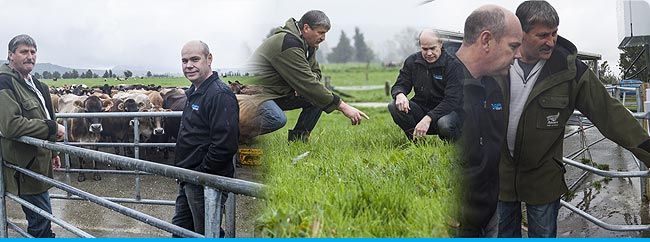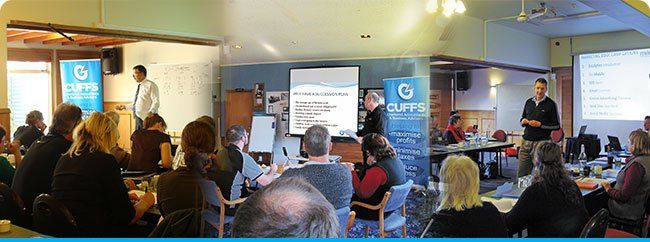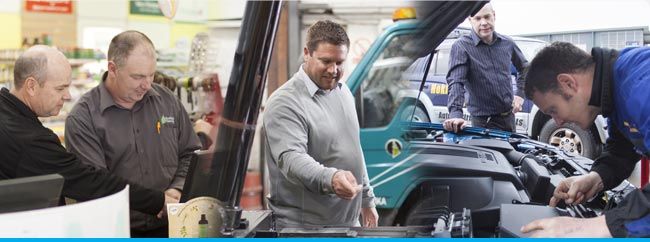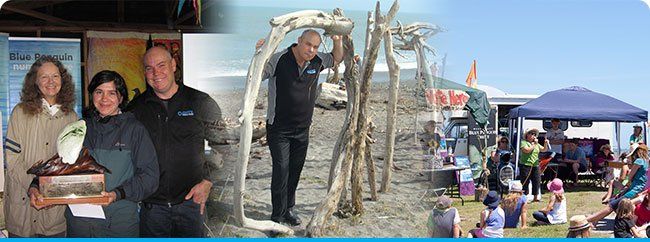
Slide title
Write your caption hereButton
Slide title
Write your caption hereButton
Slide title
Write your caption hereButton
Slide title
Write your caption hereButton
Slide title
Write your caption hereButton
Slide title
Write your caption hereButton
Slide title
Write your caption hereButton
Slide title
Write your caption hereButton
Tax Facts – The Income Equalisation Deposit Schemest
This scheme enables clients to level out their income from year to year. Deposits to the scheme are allowed as a deduction and when withdrawn those refunds are treated as income.
Clients engaged in any farming or agricultural, fishing or forestry business are eligible to use the scheme. This can include people involved in the following activities: beekeeping, animal husbandry, dairy farming, grain and seed growing, market gardening, fruit growing, poultry farming, share-milking, tobacco growing, vegetable growing, and vineyards.
A deposit to the scheme can be treated as a deduction in the previous accounting year as long as it is made within the time frame specified by the legislation
Some rules
Some rules to consider are summarised as follows:
- You are usually required to deposit the sum for a minimum of twelve months
- You can apply for a refund after six months if that refund is required to enable you to undertake planned development or maintenance work, purchase livestock, avoid serious hardship, or for any other purpose, at the Commissioner's discretion
- After five years the deposit is automatically refunded
- On bankruptcy, death or retirement of an individual taxpayer, or on the liquidation of a corporate taxpayer, a refund is automatic. There are some specific rules around what income year the deposit can be allocated to in these circumstances.
- A refund is deemed to have been made in respect of the year in which the application for the refund is received by IRD. The refund may be deemed to be gross income in the previous year if the application is received within the specified period
- Interest is payable by IRD on deposits. The current rate is 3%, but is only receivable after the deposit has been in the account for one year. The interest is assessable as income in the year the deposit is refunded.
When to use?
Income Equalisation is used far less now with flatter tax rates and many farmers operating in either a company or trust structure. The purpose of income equalisation was to take income out of a year when the tax rates are high and move the income to a year when rates are lower. Often this is used due to the variable nature of farming income but it can be used for example when tax rates are dropping to take tax out of a higher rate year and put it into the lower future rate. It can also be used if you are exposed to penalties or interest from Inland Revenue.
Generally it always managed by the accountant and we use it as another tool in our toolbox to get the best tax result for clients.






